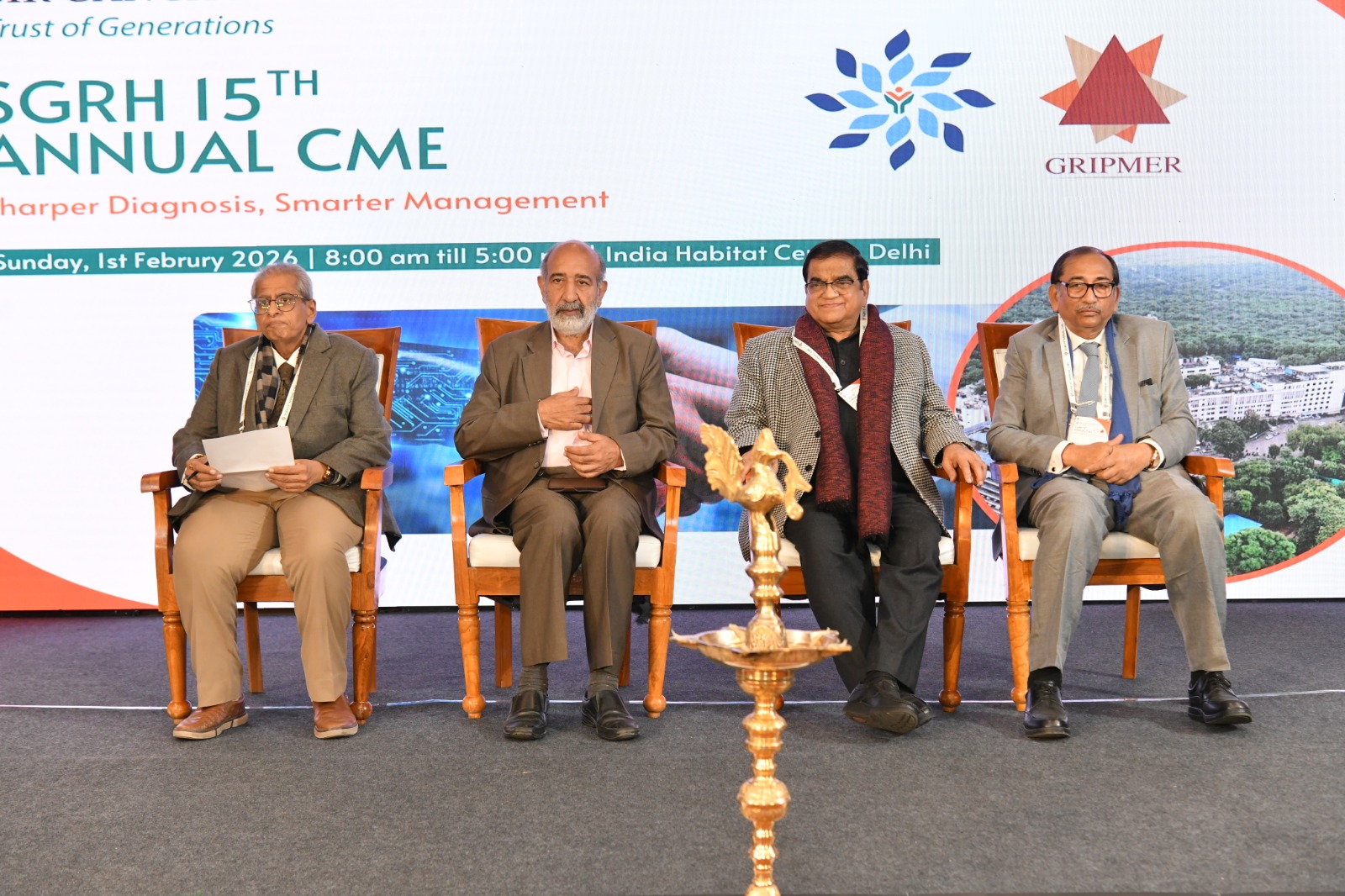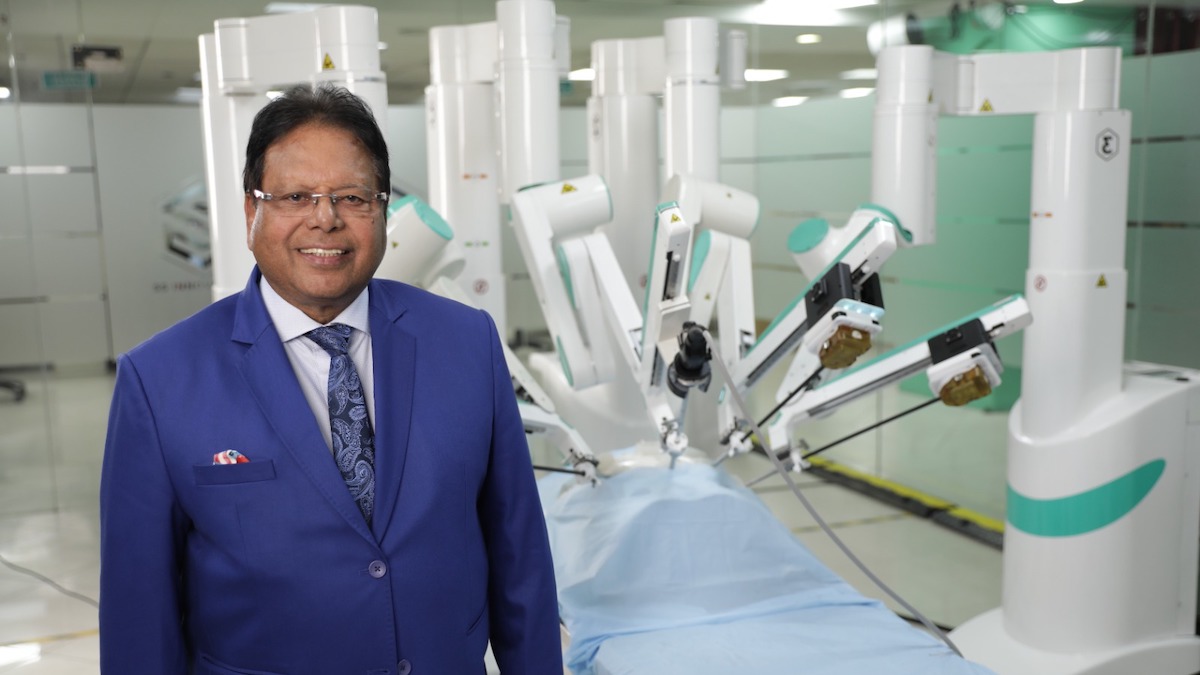 New Delhi: A research study was conducted by Researchers from Institute of Genetics & Genomics, Sir Ganga Ram Hospital on “Clinical and Genetic Profile of Children With Short Stature Presenting to a Genetic Clinic in Northern India” who presented to the hospital’s Genetic Clinic from 1st January 2017 to 31st October 2018 (22 months).
New Delhi: A research study was conducted by Researchers from Institute of Genetics & Genomics, Sir Ganga Ram Hospital on “Clinical and Genetic Profile of Children With Short Stature Presenting to a Genetic Clinic in Northern India” who presented to the hospital’s Genetic Clinic from 1st January 2017 to 31st October 2018 (22 months).
The study of 455 individuals, 10 months to 16 years of age, has been published on 15th June 2022 in ‘Indian Pediatrics’. All these individuals had height less than 3rd centile (only less than 3 out of 100 are shorter than this child).
According to Dr. Ratna Dua Puri, Chairperson, Institute of Medical Genetics & Genomics, Sir Ganga Ram Hospital, “In this study we tried to find and present the genetic spectrum of patients who were referred to our Genetic Clinic who had short stature as one of the presenting phenotypes.”
Dr Puri further added, “Genetics plays an important part in determining on individual’s height. Although there are many monogenic disorders (inherited disease controlled by fault in single gene) that lead to perturbations in growth and result in short stature, this study asserts the importance of a good clinical examination to enable correct diagnosis. We wanted to reiterate that amongst the armamentarium of genetic tests available, a clinical profile assessment enables a diagnosis in 65% patients with proportionate short stature. Additionally, the tests to be offered would depend on the clinical profile.”
Normal variation in adult height is largely due to inherited genetic factors. But, by contrast, at the extreme of short stature, patients often have mutations in single gene, resulting in large effects on the height.
In our study of 455 patients with short stature, 226 patients required detailed phenotyping and genetic testing for confirmation of etiology while 229 were identified on preliminary history/ examination and investigations. 63% (n=142) had proportionate short stature (upper and lower part are equally short abnormally). Of these 93 (65%) were recognizable genetic syndromes such as Turner Syndrome, William Syndrome and RASopathies, etc.
In clinically undefined syndromes, out of 226, 39 (27%), a diagnosis could be made by Karotype, Chromosomal Microarray and Exome Sequencing.
Balance of 84 children (37%) had disproportionate short stature (either upper or lower part of body is short), Lysosomal Storage Disorder were found in 45% (38) which were identified by Enzyme Analysis in 86.8% individuals. Skeletal Dysplasias found in 44% (37) individuals were identified by Skeletal Survey in 89% cases and unclassified were 9 (8%).
Dr. Ratna Dua Puri concluded, “Through this study, we have attempted to represent the genetic spectrum of disorders in children with short stature and the appropriate testing indications. This becomes more relevant with the increasing ability of the tests and decreasing costs. Achieving a definitive diagnosis can help to guide prognosis, provide treatment and genetic counseling to the families. Along with genetic test a good clinical examination of the child is very essential.”








